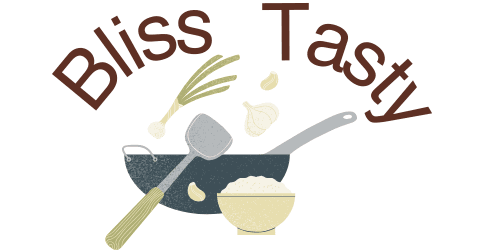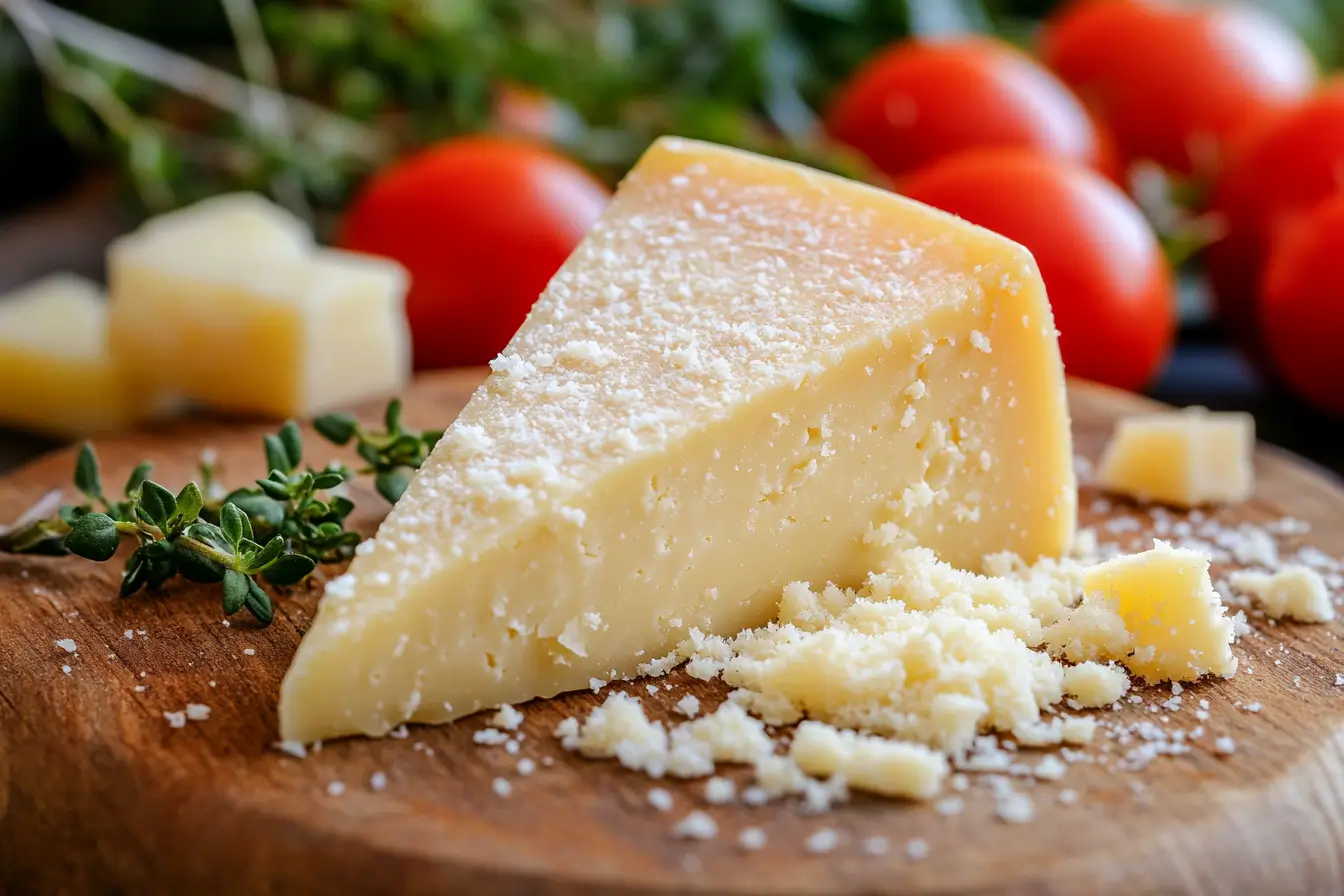Parmesan cheese is often celebrated for its sharp flavor and versatility in cooking, but is it a hidden gem when it comes to its iron content? In this article, we’ll take a deep dive into Parmesan’s nutritional profile, examine how much iron it provides, and see how it stacks up against other dairy products and cheeses. You’ll learn whether this beloved cheese is a reliable source of iron, how it contributes to a healthy diet, and if it can play a role in meeting your daily nutritional needs.
Understanding Parmesan Cheese and Its Nutritional Profile
Before we delve into whether Parmesan cheese is rich in iron, it’s essential to understand what this cheese is made of and what it contains nutritionally. Parmesan, also known as Parmigiano-Reggiano, is a hard, granular cheese that originates from Italy. Its distinct flavor and texture make it a popular choice for grating over pasta dishes, salads, and soups. But beyond its taste, what else does Parmesan bring to the table?
What Is Parmesan Cheese?
Parmesan is traditionally made from cow’s milk and aged for at least 12 months, though some varieties are aged for even longer. The aging process contributes to its firm texture and robust flavor. It’s a cheese that requires a particular set of production methods, including a specific diet for the cows and strict adherence to traditional practices, which is why it is protected by a PDO (Protected Designation of Origin) status in Europe.
Parmesan is known for its crumbly texture, which comes from its long aging process, and its strong, savory taste. Whether you sprinkle it over your spaghetti or enjoy it on its own, it’s a staple in many kitchens around the world.
Nutritional Components of Parmesan
Now, let’s break down the nutritional value of Parmesan cheese. In a typical 1-ounce (28g) serving, Parmesan provides about:
- Protein: 8 grams, making it a great source of high-quality protein, which is essential for muscle building and repair.
- Fat: 7 grams, including 4.5 grams of saturated fat.
- Calcium: Around 20% of your daily recommended intake, which is essential for bone health.
- Sodium: 380 mg, a significant amount, which is important for those watching their sodium intake.
- Iron: Approximately 0.3 mg per serving, which we’ll explore in more detail in the next section.
Iron Content in Parmesan Cheese
When people ask, “Is Parmesan cheese rich in iron?” they’re often wondering if this flavorful cheese can help meet their daily iron needs. As we’ll see, while Parmesan offers some iron, it’s not the most substantial source of this crucial mineral.
How Much Iron Does Parmesan Cheese Contain?
A typical serving of Parmesan cheese, which is about 1 ounce or 28 grams, contains around 0.3 milligrams of iron. While it’s a good amount considering the cheese’s small serving size, it’s not quite enough to fulfill the daily iron requirements of most individuals. For comparison, adult women need about 18 milligrams of iron per day, and adult men need around 8 milligrams. So, in terms of iron content, Parmesan cheese provides just a small fraction of what you need.
Interestingly, shaved parmesan cheese, like grated Parmesan, retains the same iron content, making it a flavorful yet modest source of this essential mineral.
Iron Bioavailability in Cheese
Although Parmesan does contain iron, the bioavailability—or the body’s ability to absorb that iron—is another important factor. Iron from animal-based products, called heme iron, is absorbed more efficiently than iron from plant-based foods, which is non-heme iron. Parmesan, being a dairy product, primarily contains non-heme iron, which the body doesn’t absorb as well. Therefore, even though Parmesan cheese may contribute to your iron intake, it should be combined with other iron-rich foods to ensure optimal absorption.
While Parmesan cheese may not be a powerhouse of iron, it still provides some nutritional value, and if included as part of a balanced diet, it can play a role in your overall iron consumption.
Comparing Iron in Parmesan to Other Cheeses
Is Parmesan cheese richer in iron than other cheeses? Let’s compare its iron content to that of other popular cheeses to get a clearer picture. While Parmesan does contain some iron, it might not be the go-to option for those looking to boost their iron levels.
Is Parmesan Higher in Iron Than Other Cheeses?
When comparing Parmesan’s iron content to other cheeses, we find that most cheeses fall into a similar range. For example, a 1-ounce serving of Cheddar cheese provides about 0.2 mg of iron, while a similar serving of Mozzarella offers roughly 0.1 mg. Parmesan, with its 0.3 mg of iron per ounce, stands out slightly among these cheeses, but the difference isn’t massive.
Interestingly, other types of cheese, such as Swiss cheese or Gouda, also contain small amounts of iron. However, experts do not consider any of these cheeses significant sources of iron. So, while Parmesan might offer a bit more iron compared to other common cheeses, nutritionists do not consider it a high-iron food by any means.
The Role of Dairy in Iron Intake
Although cheeses like Parmesan are not the highest sources of iron, dairy products do contribute in other ways to a healthy diet. Dairy is rich in calcium, which plays a crucial role in bone health, and some dairy products, including Parmesan, offer a decent amount of protein. To increase iron intake, people can include Parmesan cheese as part of a broader, iron-rich diet, but they should supplement it with other iron sources like leafy greens, beans, or lean meats.
Health Benefits of Iron and the Role of Parmesan in Your Diet
When considering whether Parmesan cheese is rich in iron, it’s important to understand why iron matters in the first place. Iron plays a vital role in your health, supporting everything from energy levels to immune function. While Parmesan doesn’t pack a huge iron punch, it can still contribute to a healthy, balanced diet.
Importance of Iron in the Diet
Iron is an essential mineral that helps your body produce hemoglobin, a protein in red blood cells that carries oxygen throughout the body. Without enough iron, you might feel fatigued, weak, or have trouble concentrating. Iron also supports your immune system and contributes to brain function. It’s especially important for people who are pregnant, growing, or facing certain health conditions like anemia.
While Parmesan cheese is not the richest source of iron, it can still make a minor contribution to your iron intake. A small serving of Parmesan can be a helpful addition to meals, particularly when paired with other iron-rich foods. For instance, adding Parmesan to a salad with spinach or a pasta dish with beans can give you a boost of iron from multiple sources.
Parmesan as a Source of Iron for Certain Diets
For those following vegetarian or even lacto-vegetarian diets, Parmesan cheese can be a convenient way to include some iron in their meals, especially if they’re avoiding meat. However, you should not rely on it as the primary source of iron. Instead, combine it with plant-based iron sources, such as legumes, tofu, or fortified cereals, to ensure adequate intake. Moreover, Parmesan’s high protein and calcium content also make it a great addition to any diet, whether you’re looking to maintain strong bones, support muscle growth, or keep your energy levels up. While Parmesan may not be the richest in iron, its other health benefits certainly make it a valuable part of a balanced diet.
Potential Downsides and Considerations
Although Parmesan cheese is a tasty addition to many meals, it’s important to consider a few factors before including it too frequently in your diet. Specifically, you should pay attention to the sodium and lactose content, which could be issues for some individuals.
The Impact of High Sodium in Parmesan
One of the key concerns with Parmesan cheese is its high sodium content. In just a 1-ounce serving, you can get up to 380 mg of sodium. While this isn’t a huge amount compared to some processed foods, it still adds up, especially if you eat other salty foods throughout the day. Too much sodium can lead to high blood pressure and other health issues, particularly for individuals who are sensitive to sodium or have a history of heart disease.
So, if you’re asking yourself, “Is Parmesan cheese rich in iron?” you may also want to consider the sodium content. While it’s not excessive, if you’re watching your salt intake, it’s a good idea to limit Parmesan or use it sparingly.
Allergies and Lactose Intolerance
Another consideration is lactose intolerance. While aged cheeses like Parmesan contain less lactose than fresh cheeses, they may still cause digestive issues for those who are highly sensitive. If you’re lactose intolerant, you might experience bloating, gas, or discomfort after eating Parmesan.
Additionally, some individuals are allergic to the proteins found in dairy, like casein. If you have a dairy allergy, Parmesan should be avoided altogether.
FAQs:
When it comes to the question of whether Parmesan cheese is rich in iron, many people have additional concerns. Let’s address some of the most common questions related to Parmesan’s iron content and its place in a healthy diet.
1. Is Parmesan cheese a good source of iron?
Parmesan cheese does not contain as much iron as other foods, but it still provides a small amount. A typical serving (1 ounce or 28 grams) contains around 0.3 milligrams of iron. Although this is not enough to meet your daily iron needs, Parmesan can contribute modestly to your iron intake when part of a varied diet.
2. Can I rely on Parmesan cheese for iron?
No, Parmesan cheese should not be relied upon as a primary source of iron. If you’re looking to boost your iron intake, it’s better to focus on iron-rich foods like red meat, spinach, lentils, or fortified cereals. Parmesan can complement these foods and provide other nutrients like protein and calcium, but it’s not a standout for iron.
3. Is Parmesan cheese good for people with iron deficiency?
While Parmesan can provide a small amount of iron, it is not sufficient to treat iron deficiency. If you’re struggling with low iron levels, it’s important to consume a variety of iron-rich foods, including both heme and non-heme sources. Consult a healthcare provider for personalized advice on managing iron deficiency.
Conclusion
In conclusion, while Parmesan cheese contains more iron than some other cheeses, it doesn’t provide a significant amount of iron to meet daily needs. With only 0.3 milligrams of iron per ounce, it’s not a top choice for boosting iron intake. However, when combined with other iron-rich foods, Parmesan can still contribute to a balanced, nutritious diet. Be mindful of its sodium content, and consider alternatives if you have lactose intolerance or a dairy allergy. So, while Parmesan may not be your go-to iron source, it still offers valuable nutrients in moderation.


1 thought on “Is Parmesan Cheese Rich in Iron? Exploring Its Nutritional Benefits”